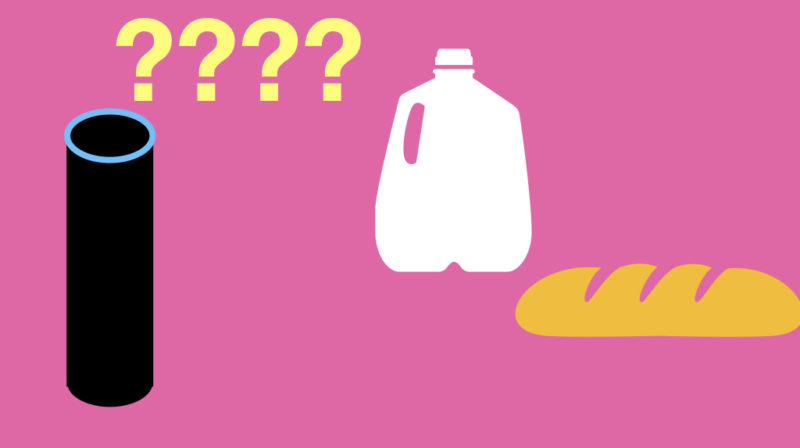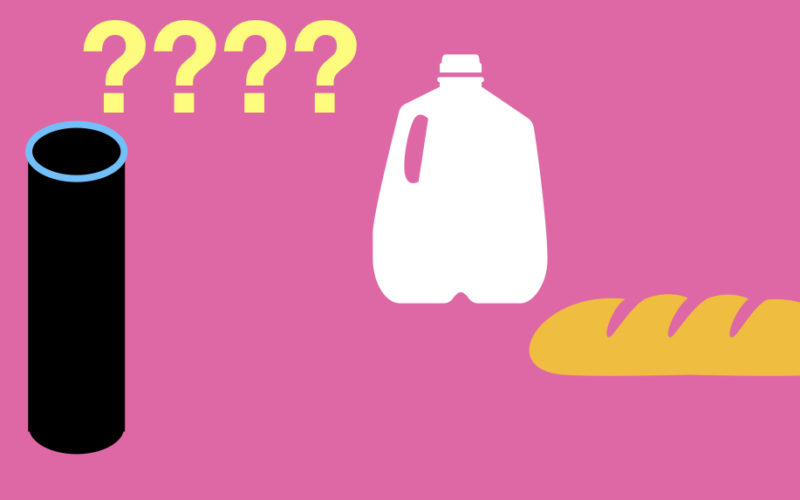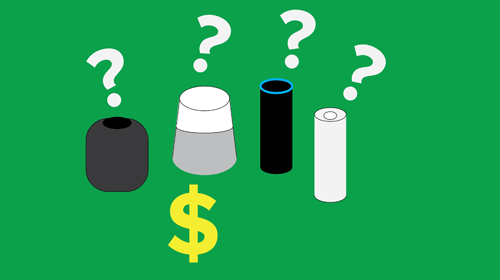
“People also viewed” and “People also bought” are great marketing tools of digital shopping experience. Cling to human shopping demand is a key to increase the sales. Drawing human curiosity is a real effective nudge. The other nudge we see often is “Orders over $100 are free shipping.” Making a consumer to target the amount of money is great tool. If products are mostly $99, it is much more effective.
Word processor made people to write text easily and one of the evolution we see are the webpages. Physical paper text is on the screen. List of information with human economy is truly innovative and now we love amazon and alibaba. Machine learning in these conventional platform has evolved by curating products or content like Netflix for the individuals.
How would you implement these nudges into table top artificial intelligence? At NAVER CONNECT 2018, CEO, Han Seong Sook discusses the difficulty in the artificial intelligence. “When one is shopping a milk at the supermarket, naturally the bread gets an attention but it is difficult in artificial intelligence. Ordering a milk through the table top speaker is just a simple declaration.”
Consumers are rational when they face Alexa. They give orders and that is it. However, if we tweak “Consumers are rational” we also know consumers are irrational. This is a simple finding we learned over the decades. We can see this irrationality through game. People buy items for their personified avatars in the game. In japan we see otakus getting married with dolls. Personification of Alexa and the ability to individualize Alexa can draw more value to the consumers. Just like consumers spend money on their virtual characters in the game.

The other option is present in chatting application. The facebook messenger is suggesting food delivery while two users are talking about having lunch. The only downfall is they were discussing having a lunch at the restaurant. Just like allowing access location of the smartphone, we might need to allow an access to our everyday conversation. Instead of calling out the names, “Alexa” or “OK, google” we might have to let the artificial intelligence listen our everyday conversation. Soon, Alexa will intervene our conversation: “Any delivery for the lunch?”
Gamification in marketing is effective in games. However, monetization by the individualizing an avatar made an instant growth in sales but failed over time just like cyworld by SK in Korea. As soon as the user feels lame to decorate its virtual avatar, soon it will lose the users. Keeping clean and less messy with advertising is a key in user experience but we cannot keep it too dry which cannot draw any attention to bread when it is buying a milk. Letting artificial intelligence to listening to our everyday conversation is controversial. We know keeping a mouth shut is an important role of a butler from the Downton Abbey.
We might face the need of an auto-mode. Just like monthly curation and subscription, we can auto our lives. Auto weekly food delivery and auto monthly clothes delivery based on artificial intelligence analysis. Soon Alexa will deliver your bread right next to your milk.




